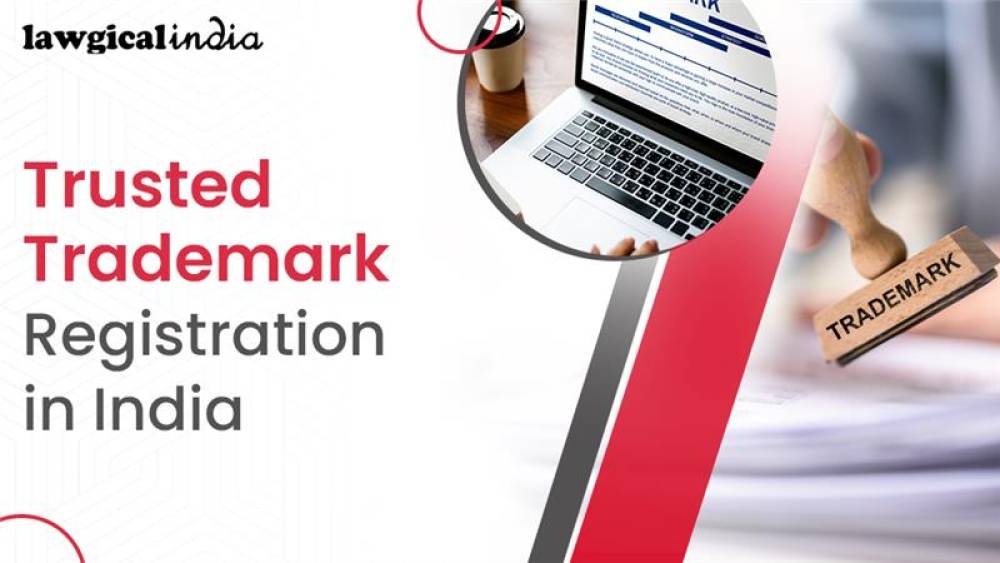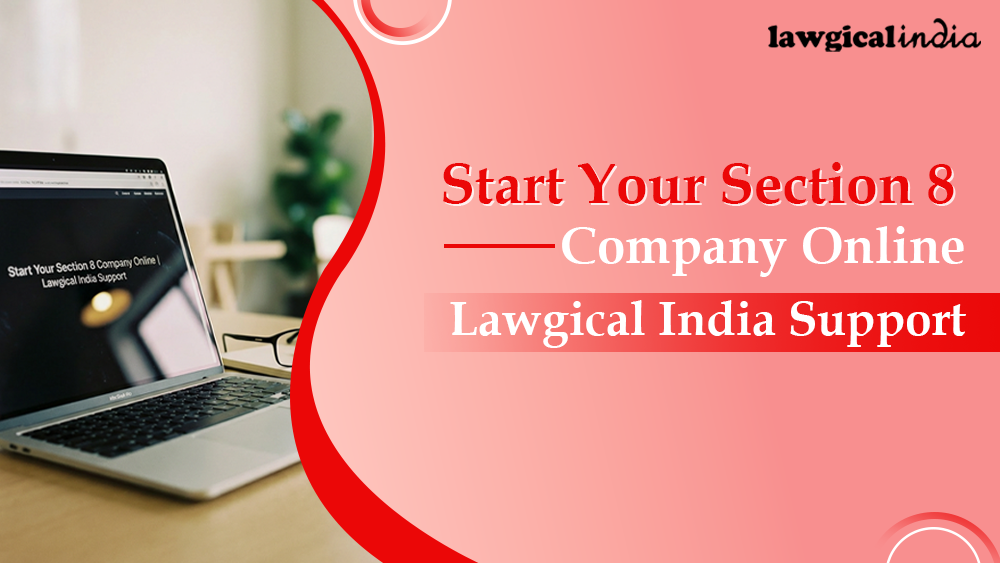A company is a legal entity formed to conduct business operations. A company can either be a private or public corporation. The primary difference between public and private company is how they raise capital. A small group of people owns a private corporation, whereas the broader public owns a public company. In this blog, we will came to know the difference between private corporation and public corporation in detail.
About Private Corporation vs Public Corporation
Here's the definition of private corporation vs public corporation:
Definition of a Private Company
A business owned and controlled by a few individuals is called a private company. There can only be 50 shareholders in a private business. A private company cannot list its shares on the stock exchange. A private company's ownership is not disclosed to the general public. The founders, their family, close friends, and staff members own a private company's stock.
Definition of a Public Company
A business that is publicly held is referred to as a public company. On the stock exchange, shares of public limited companies are traded. A public company's ownership is accessible to the general public. The general public, institutional investors, and mutual funds all own shares of public companies.
Key Differences between a Private and Public Company
The key differences between a private corporation vs public corporation are as follows:
Ownership:
A public company's ownership is available to everyone, but a private company's ownership is restricted to a few individuals.
Number of shareholders:
A public company may have any number of shareholders; a private firm may have no more than 50 shareholders.
Disclosure Requirements:
Unlike public limited companies, which are obligated to disclose financial information to the public, private limited companies are not required to do so.
Regulation:
Private businesses are not subject to the same restrictions as publicly traded businesses. A public firm must abide by Securities and Exchange Commission (SEC) rules.
Finance Pool:
A public company has greater access to finance than a private company. A private firm can only raise money from a small number of investors, whereas a public company can get money by selling shares to the broader public.
Transferability of shares:
Shares of a private firm are difficult to transfer, whereas shares of a public corporation are simple to transfer.
Eligibility criteria private corporation vs public corporation
The eligibility criteria of a private company and public company differ in ownership, organisational structure, disclosure requirements, and capital access. The eligibility requirements for both types of companies are as follows:
Eligibility Criteria for a Private Company
- A private firm can only have 50 shareholders and is held by a small group.
- A private company's ownership is not disclosed to the public, and its shares are not exchanged on a stock exchange.
- The public is not compelled to know a private company's financial details.
- Compared to a public corporation, a Private company is not subject to the same level of regulation.
- A few investors are the only ones who can provide funds to a private corporation.
Eligibility Criteria for a Public Company
- A public company has unlimited shareholders and is owned by the entire public.
- A public corporation is one whose shares are exchanged on a stock exchange and whose ownership is accessible to the general public.
- A public corporation must make its financial data available to the general public.
- A public firm must abide by Securities and Exchange Commission (SEC) rules.
- A private corporation cannot access the same capital as a public company.
- A public company can raise money through the public by issuing its shares on the stock exchange.
How does the ownership structure differ between a private corporation and a public corporation?
A public company's ownership structure and a private company's are very different. The main difference between a private corporation public corporation ownership structure is as follows:
Ownership Structure of a Private Company
- A limited group of people, such as the firm's founders, management, or a number of private investors, own a private company.
- There can only be 50 shareholders in a private company.
- A private company's ownership is not disclosed to the public, and its shares are not exchanged on a stock exchange.
- The founders, their loved ones, close friends, and staff members own a private company's shares.
Ownership Structure of a Public Company
- A public company has unlimited shareholders and is owned by the entire public.
- A public company is one whose shares are exchanged on a stock exchange and whose ownership is accessible to the general public.
- A public company's shareholders are entitled to a portion of the company's resources and earnings.
- Through an initial public offering (IPO), a public firm can offer all or a portion of itself to the general public.
- The general public, institutional investors, and mutual funds all own shares of public companies.
Conclusion
In summary, the key difference between private companies and public companies is how they raise money. A small group of people owns a private company, whereas a large group of the public owns a public company. A public company is compelled to reveal its financial information to the public, but a private company is not required to do so. A private corporation cannot access the same capital as a public company. Unlike public limited companies, shares in private companies are difficult to transfer. To know more about public or private companies or to get your company registered in India quickly and easily, contact Lawgical India now!











No comments yet. Be the first to comment!